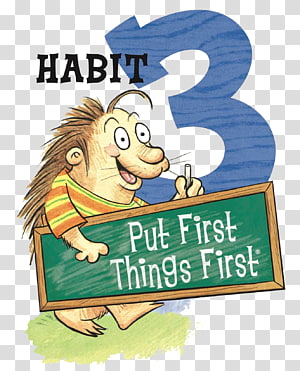Introduction
Our Ethos team is continuously sharing with one another new and exciting things that are going on in our lives. This often includes discussing new habits we are experimenting with. Our newest challenge we have committed to has been cold-water exposure. As much as we all have experienced improvement to our individual wellness through cold showers, it has been just as cool to see how this habit has benefited our team’s camaraderie. Our team will often chat with one another about the cold showers to offer accountability, share the benefits experienced, or just to joke around about the experience. This experience is just another example of how healthy habits have a ripple effect. Healthy habits lead to healthy places – both for individuals, and those they are around.
Leaders with Healthy Habits
Stephen Covey, author and businessman, once said, “Management is doing things right; leadership is doing the right things.” Great leadership is not just about making big decisions; it is about cultivating the right habits that set the stage for success. Covey recommends that leaders doing the “right thing” starts with adopting healthy habits. These habits can be anything from prioritizing self-care, practicing time management, maintaining a positive outlook, or anything that allows you to maximize productivity. Most leaders will acknowledge there are a variety of benefits that come with healthy habits, but one question remains, “what habits do I need to adopt that will allow me to be effective?”
Adopting Healthy Habits
There are specific habits leaders can embrace to enhance their personal and leadership effectiveness. Drawing from Covey’s seminal work, The 7 Habits of Highly Effective People, our Ethos team has found these habits invaluable. Here is how each one can benefit you:
- Habit 1: Be Proactive. Focus on what is within your locus of control and choose to commit to behaviors that will maximize your attitude and performance. A quick reflection that can be helpful is, “Do I have the power to influence this situation? If so, how can I respond in a way that honors my leadership style and values, and those involved?”
- Habit 2: Begin with the End in Mind. It is important to visualize what type of leader you want to be, and the results you want to achieve. The end which you want to achieve can be a great motivator as you maintain patience, adopt healthy practices, and await their impact.
- Habit 3: Put First Things First. Habit 3 is a result of fulfilling habits 1 and 2. Honoring the “first things” is about prioritizing the things we deem important (e.g., faith, self-care, relationships, etc.). Effective leaders know that they must integrate their priorities, personal and professional roles, and values.
- Habit 4: Think Win-Win. Leaders cannot only think of themselves, they must consider the team. Win-win is about recognizing what practices will lead to a mutual benefit for the team and the leader. The leader must sacrifice for the team, but not sacrifice themselves in the process.
- Habit 5: Seek First to Understand, then to be Understood. This habit is all about listening to others. Once you understand others, you can respond in an informed way that is not dismissive. This approach often enhances others’ receptiveness.
- Habit 6: Synergize. Be open and willing to cooperate with others. Teamwork is a necessity, especially in the realm of leadership. A synergistic approach is about leaders embracing their joint influence and unique strengths to best serve their team.
- Habit 7: Sharpen the Saw. This final habit is all about wellness. Leaders can honor each of the other 6 habits, but without prioritizing self-care, their ability to maintain effectiveness is limited. As the saying goes, “you can’t pour from an empty cup.”
Reflection: Which of Covey’s seven habits do you need to prioritize to increase your effectiveness as a leader?


















